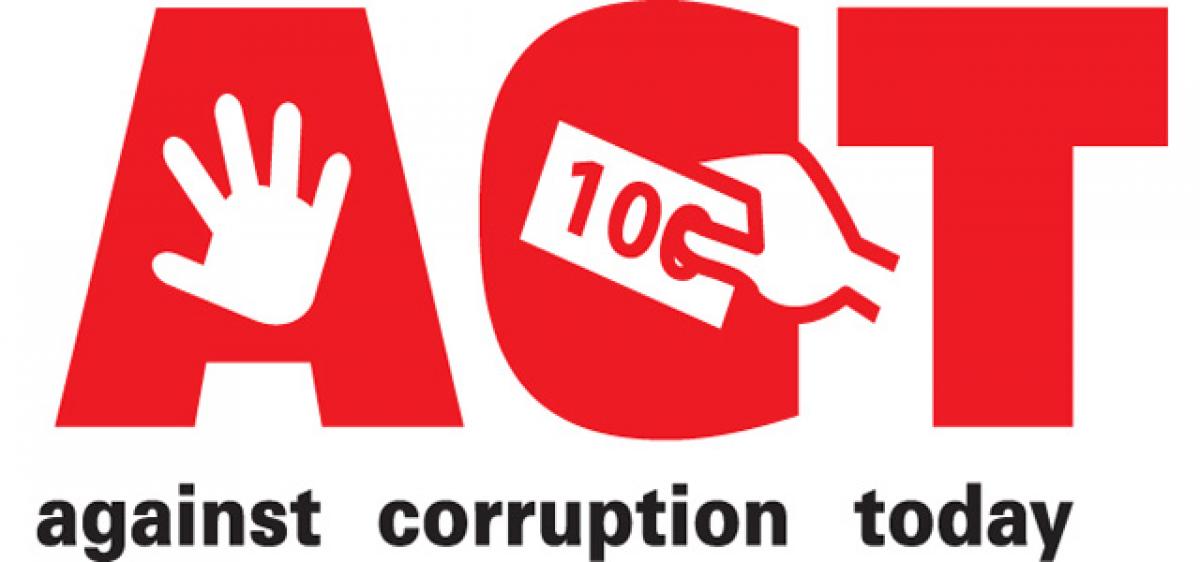Live
- Bangalore Rural: DK Suresh vs Dr Manjunath
- Chevireddy Mohit Reddy's Nomination Process Evokes Massive Support in Chandragiri Constituency
- Bangalore Central: PC Mohan vs Mansoor Ali Khan
- Three key strategies for parents to sail through the turbulent waters of adolescence
- JSP candidate Tangella files nomination papers
- And now for the people’s verdict…
- Key leaders of the Bharatiya Janata Party meet with TDP Chief Nara Chandrababu Naidu
- Apple Unveils OpenELM AI Models for On-Device Tasks: Details
- Actress Sahithi Dasari steps into politics, contesting as an independent candidate from Chevella Constituency
- Vijayawada: 58 nominations filed in NTR district









